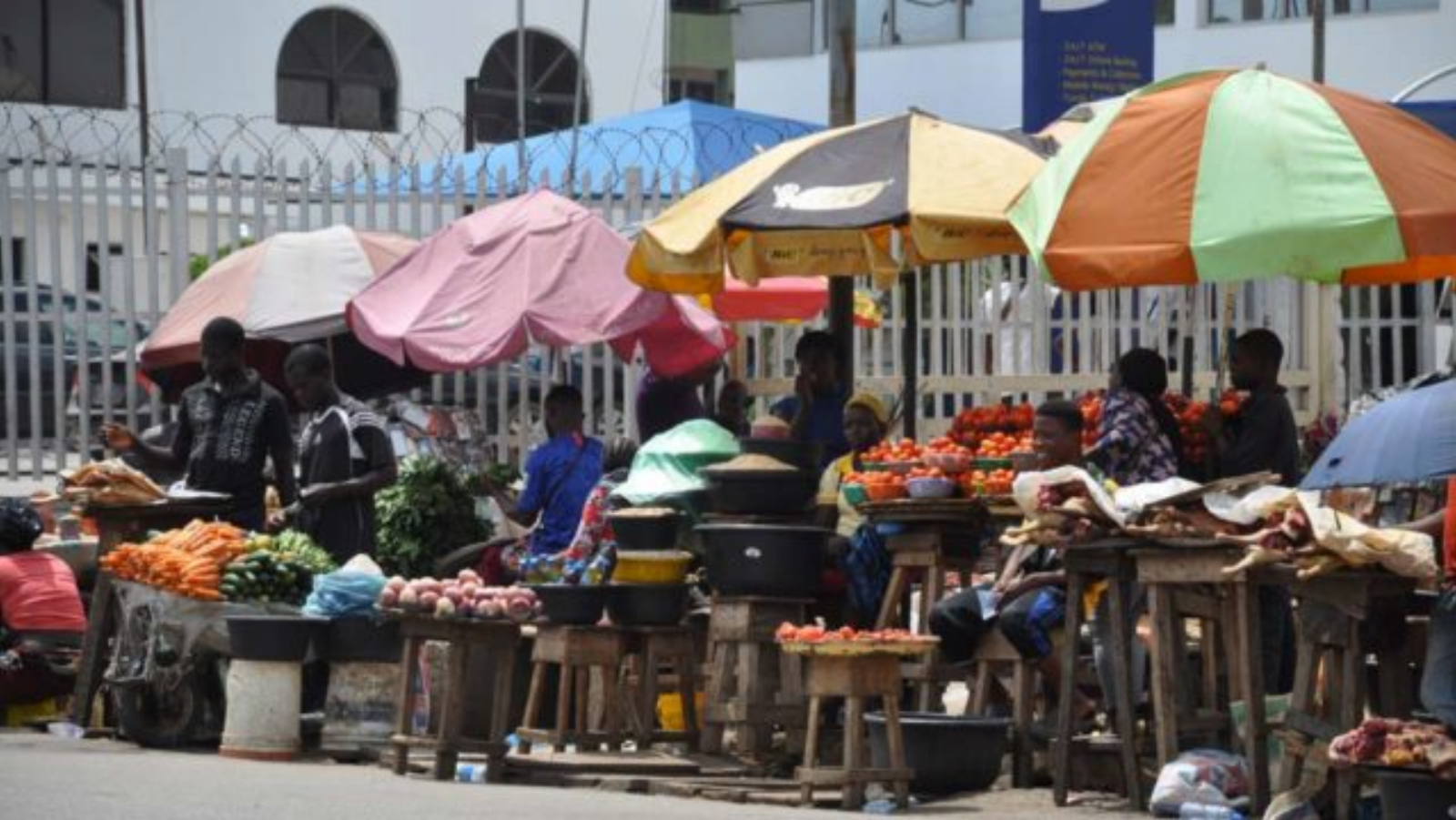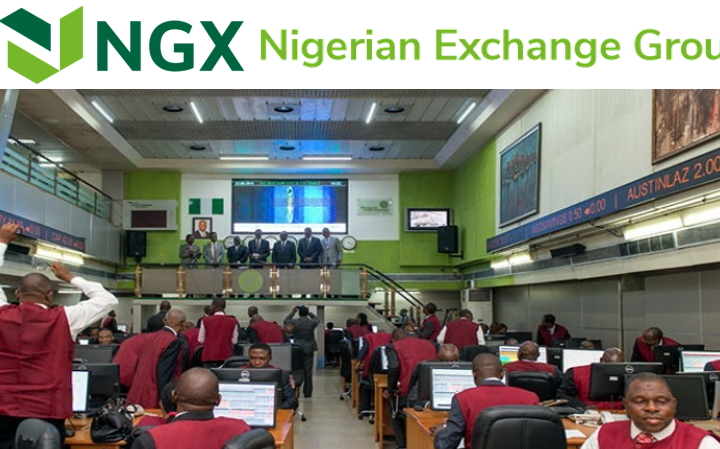The Federal Government has been advised by PricewaterhouseCoopers’s (PWC) Africa tax leader, Taiwo Oyedele, to monitor the Value-added tax Direct Initiative (VDI) to prevent tax collectors from exploiting traders.
Recall that Prime Business Africa had reported that the Federal Inland Revenue Service (FIRS) and the Market Traders Association of Nigeria (MATAN) partnered on the VAT Direct Initiative to bring traders in the informal market into the country’s tax bracket.
Join our WhatsApp ChannelOyedele said the 40 million members under MATAN should be educated on tax matters so they don’t fall prey to exploitative tax collectors.
In a statement on Twitter on Tuesday, Oyedele said there’s already a trust issue between the government and the people which needs to be mended, “The social contract between the government and the people requires that every taxable person pays their taxes while the government must apply the revenue collected for the benefit of the people,” he said.
Oyedele also stated the VAT should not apply to over 90 per cent of the traders “and for those who need to charge the VAT, the impact should be about 1 percent to 2 percent of the sales value if not less.
“In fact, the traders should pay less “tax” overall if the government can stop the illegal taxes the traders currently pay as a sweetener for the VAT pact.
“Ultimately, the biggest win for the government from this arrangement may not be the VAT to be collected by the FIRS but the tax awareness, data about the traders and their trades which can be used for economic planning and possible interventions to support the informal sector businesses.
“This should include simplified record keeping to help them to access finance and scale their business,” the tax expert said.
He noted the possibility of traders also exploiting their customers by using the VAT Direct Initiative as an excuse to raise prices.
In the post, Oyedele disclosed: “Based on the VAT act, businesses making an annual turnover of N25 million or less are exempted from charging VAT on their sales regardless of the goods or services involved.
“This is expected to cover the majority of the traders going by available data indicating that over 90 percent of these businesses are micro and small enterprises.
“Most basic items are exempted from VAT regardless of turnover threshold including basic food items, medical products, baby products, and educational materials. I expect this to cover many of the traders not exempted by the turnover threshold.
“There is also an exemption by design where the manufacturer, usually a large firm, prescribes the retail price and has accounted for the VAT upfront taking the burden off the traders. Examples include mobile airtime, many beverages etc.
“For those who are not covered by any of the above exemptions, they will be liable to charge and remit VAT at 7.5 percent on their sales.
“However, they are eligible to claim input VAT on their purchases such that the 7.5 percent VAT is effectively charged only to their margins. For instance, if a trader buys an item for N1,000 and sells it for N1,200. The incremental VAT cost to charge to the customers is N15 i.e. 7.5 percent of N200 margin.
“The combined effect of the above means that the public should not be exploited either by the traders who may use this VAT arrangement as an excuse to hike their prices.”


















Follow Us